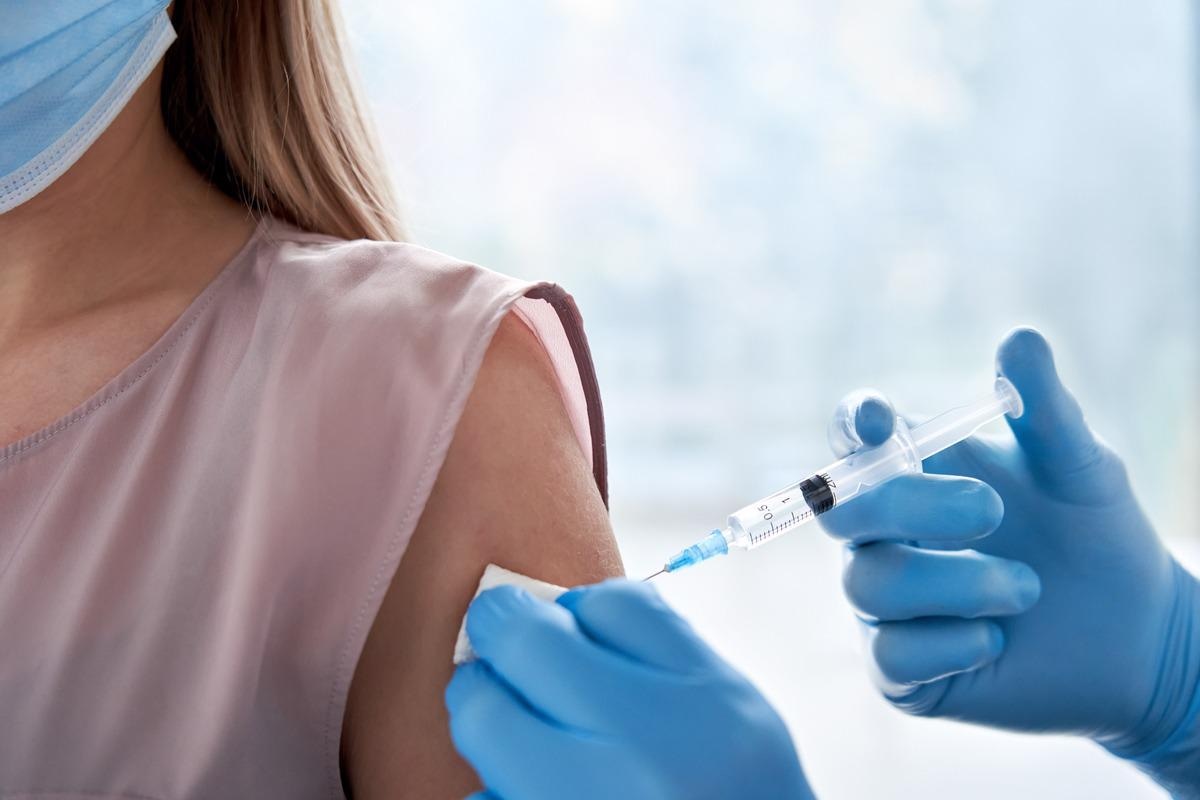Several coronavirus disease 2019 (COVID-19) vaccines have been developed that have received authorization for human use.
Extensive vaccination programs have been rolled out throughout the world to ensure that all people get vaccinated. However, currently, a substantial population of the world remains unvaccinated.
 Study: Delayed-interval BNT162b2 mRNA COVID-19 vaccination enhances humoral immunity and induces robust T cell responses. Image Credit: insta_photos/Shutterstock
Study: Delayed-interval BNT162b2 mRNA COVID-19 vaccination enhances humoral immunity and induces robust T cell responses. Image Credit: insta_photos/Shutterstock
A 3-week interval between two doses of vaccine was determined for the BNT162b2 mRNA vaccine (Pfizer-BioNTech). In Canada however, a 4-month delay between the two doses of the vaccine was announced in March 2021 to increase the proportion of individuals with one dose that could provide higher overall protection when the supply of the vaccine was limited.
Shortages of COVID-19 vaccines have been reported in several jurisdictions while oversupply exists in others. The impact of delayed-interval vaccine dosing on vaccine immunogenicity has not been studied especially against the circulating SARS-CoV-2 variants of concern (VOCs).
Furthermore, a meta-analysis involving two doses of the ChAdOx1 nCoV-19 (Oxford, AstraZeneca) vaccine has indicated that a delayed response of three months between the two doses has led to improved vaccine efficacy as well as antibody binding response. Recently, another study indicated that the delayed response of the second dose of the BNT162b2 vaccine for up to 6 to 14 weeks provided strong humoral and cellular responses as compared to the standard vaccination interval.
A new study published in Nature Immunology involved an observational study to compare the humoral and cellular responses in health care workers (HCWs) who had received two doses of the BNT162b2 (Pfizer-BioNTech) vaccine at standard (3 to 6 weeks) and delayed (8 to 16 week) intervals.
About the study
The study was a prospective observational cohort that included HCWs who were eligible to receive two doses of the BNT162b2 mRNA vaccine. Only those HCWs who received both the doses between 4th January 2021 and 13th June 2021 were included in the study along with a 6-week follow-up. After delayed dosing came into effect in March 2021, the recruited participants were divided into two groups, those who received two doses at the standard interval and those who received two doses at a delayed interval.
Blood samples were collected from all participants before vaccination as well as four to six weeks after the second dose. For the delayed group, additional blood samples were collected four weeks after administration of the first dose. Thereafter, antibodies against the spike receptor-binding domain (RBD) were measured along with neutralizing antibodies using PRNT50 and PRNT90 assays. Finally, spike-specific CD4+ and CD8+ T cell responses were analyzed in those participants who provided an additional blood sample.
Findings
The results indicated that out of the 93 HCWs recruited for the study, 41.9 percent received the two doses at standard intervals and 58.1 received the two doses at the delayed interval. The median time to the second dose was reported to be 35 days for the standard-interval group and 88 days for the delayed-interval group. Similar median ages and a higher number of females were reported in both groups.
Although a robust humoral response was reported after two doses of the BNT162b2 vaccine in all participants, the anti-RBD antibody titer was found to be higher in the delayed-interval group as compared to the standard-interval group. Neutralization titers for the wild-type as well as Alpha, Beta, and Delta SARS-CoV-2 variants were also found to be higher in the delayed-interval group as compared to the standard-interval group.
Spike-specific polyfunctional CD4+ T cell responses were comparable between both the groups while polyfunctional CD8+ T cell responses were found to be lower than CD4+ T cell responses in both of the groups. Additionally, monofunctional CD4+ T cells were found to be lower in the delayed-interval group while monofunctional CD8+ T cell levels were found to be similar in both groups. The results also indicated that Adverse events (AEs) for dose 2 were comparable between both the groups although myalgia was mostly reported in the delayed-interval group.
The current study, therefore, demonstrates that a delayed vaccination schedule can be beneficial for the protection of individuals against the emerging SARS-CoV-2 variants since higher humoral response and neutralization titers were reported for those who received the second dose at a delayed interval.
This information is of public health importance for governments since significant portions of the world population remain unvaccinated. Further research needs to be carried out on the durability of the immune response over time and immunogenicity to determine the optimal dosing interval as well as the necessity or timing of a booster dose.
Limitations
The study had certain limitations. First, the participants were younger and female predominant which could impact the immune response.
Second, blood samples after the first dose were not collected from the standard-interval group.
Third, the study did not include analysis of circulating T follicular helper and spike-specific B cells. Finally, it could not determine real-world vaccine effectiveness.